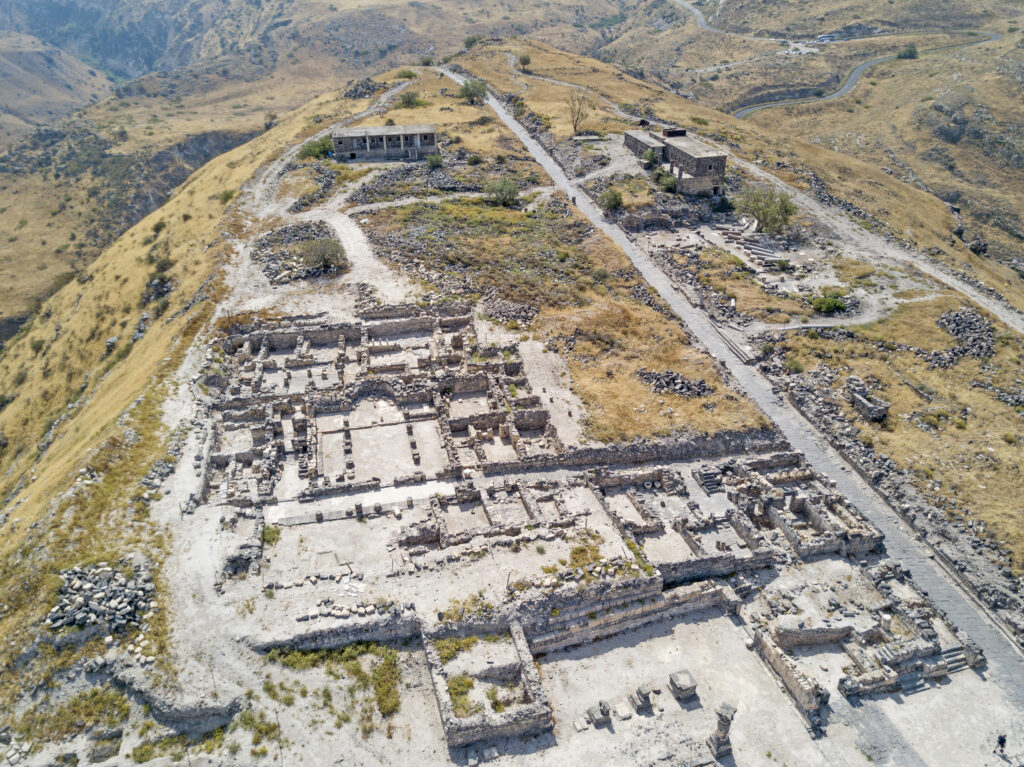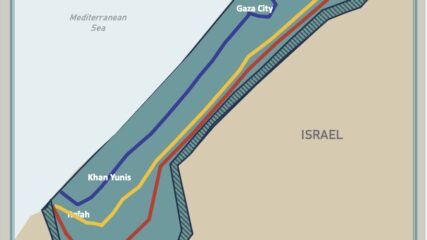August 18, 2000
Archaeologist Claire Epstein was born in London on Sept. 18, 1911. Epstein’s mother, Olga, was an active member of the Women’s International Zionist Organization. Epstein herself became active in Zionist youth movements, helping to organize a local chapter of Habonim during her studies at the University of London.
She visited the Land of Israel for the first time in 1936 and returned as an immigrant the following year, settling in Tel Aviv after promising her father that she would not live on a kibbutz. Working for the Executive Committee of the Histadrut, she served as a liaison to the British authorities and helped translate Hebrew materials for the 1937 Peel Commission. In 1942, she joined the British army women’s unit, becoming the first female sergeant major from the yishuv.
At the end of World War II, and after her father’s death, Epstein joined Kibbutz Ein Gev on the shores of the Sea of Galilee in northern Israel. After the capture of what had been an ancient Roman city from Syria during the 1948 War of Independence, the Antiquities Authority sent Professor Michael Avi-Yona to investigate the site. Avi-Yona took Epstein, who was familiar with the area from patrolling it while on guard duty for the kibbutz, as his assistant. The two discovered a Byzantine cathedral on the site, and Epstein’s interest in archaeology blossomed. She would spend the remainder of the early 1950s expanding her interest and participating in digs, first at Susita, the Roman city adjacent to Ein Gev, and later with Yigael Yadin at Tel Hazor. “I worked in the vineyards for years, which is seasonal work, so I could dig in the off-season, but I had to get permission if I wanted to dig.”
After Yadin refused to let her work on the artifacts discovered in the synagogue at Tel Hazor, Epstein, then 50 years old, embarked on her formal studies at the Institute of Archaeology of University College, London. She earned her doctorate in 1962 on the subject of “Palestinian Bichrome” pottery. Returning to Israel to work for the Antiquities Authority, she performed many archaeological surveys and excavations in Israel, mostly in the Golan following Israel’s capture of it during the June 1967 Six-Day War. Her highest career achievement was discovering the culture of the Chalcolithic Period (4500-3300 B.C.E.) in the Golan. She received two important awards: the Israel Museum’s Percia Schimmel Award in Archaeology in 1985 and the Israel Prize in 1995 for archaeology. Epstein died at the age of 88 at her home in Kibbutz Ginossar.








